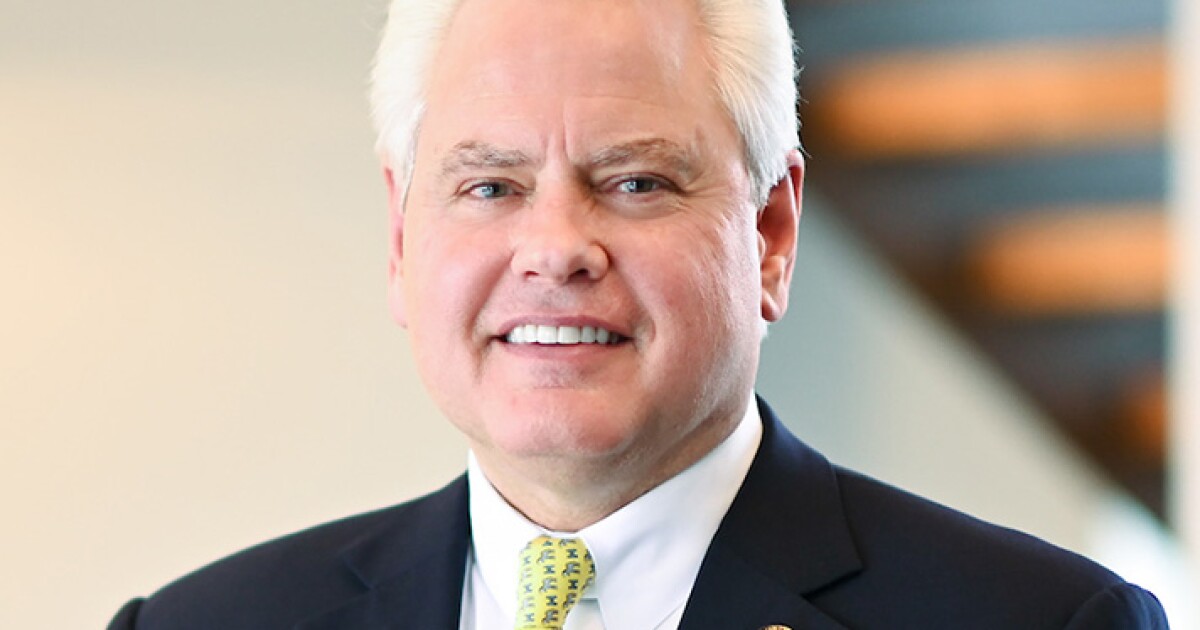University of Idaho’s acquisition plan delayed by high court ruling
4 min read

University of Idaho
The University of Idaho’s plans to acquire the online University of Phoenix for $685 million hit another speed bump: the state Supreme Court overturned a lower court’s support for the plan.
The university was on track to
The 45-page high court
Labrador claims the Idaho State Board of Education’s move to conduct meetings regarding the sale in executive session didn’t allow for robust public discussion before it voted to sign the contract with the University of Phoenix at its May 18, 2023, meeting.
The court overturned an Ada County District Court ruling from January, which said the state board’s closed-door discussions on the potential Phoenix purchase were allowed under Idaho law.
“The district court erred in several ways,” the Supreme Court wrote in a 4-1 ruling handed down Thursday.
UI and the University of Phoenix have until June to reach an agreement under the current contract, but the delays give the University of Phoenix the option of speaking with other potential buyers.
Labrador joined dissenters in trying to derail the purchase while Gov. Brad Little and the State Board of Education have worked to move it forward.
The ruling represents a partial win for Labrador, who filed a lawsuit in June 2023, challenging closed-door meetings conducted by the State Board of Education in early talks about the purchase. It held three meetings from March-May 2023 to discuss a potential Phoenix purchase, but the heart of the discussion was conducted behind closed doors in executive session.
The state board has defended holding those discussions in executive session by dusting off a state law that allows preliminary discussions for a purchase to occur in executive session in order to guard against alerting competing buyers.
While the high court concluded the open meetings law was not violated, it ruled in Labrador’s favor on other issues, before sending it back to the district court for further review.
“We have not concluded that the open meetings law was violated by the State Board,” wrote Justice Gregory Moeller, who authored the high court’s majority opinion.
The high court parted ways with the ruling by Ada County District Judge Jason Scott on several key points, however.
First, Labrador had argued the discussions were not, in fact, preliminary, particularly by the May 15 meeting. The State Board and the UI said the negotiations were in flux in the days, and even hours, leading up to the board’s May 18 vote to sign a contract to purchase the online university.
Scott had ruled that all negotiations leading to a contract could be considered preliminary, but in the high court ruling, Moeller’s majority opinion disputes this, saying the district judge’s ruling defies all preference for sunshine on government that is at the heart of the open meetings law.
The district court’s reading of the issue “effectively cloaks all negotiations and actions taken prior to a final public vote in shadow,” Moeller wrote in the high court ruling.
In the high court’s dissenting opinion, Justice Colleen Zahn opined that the court’s majority opinion would only create more confusion. “(It) leaves an agency to guess whether its negotiations are still preliminary, or whether they have developed to the point that they are ‘final.'”
Labrador has also questioned whether there were in fact competing bidders that would justify conducting the discussions around the purchase in closed session.
Favoring Labrador’s contention, the majority opinion found: “This statute requires that a governing body actually be ‘in competition with’ other governing bodies, not simply believe that they are or might be,” Moeller wrote.
UI declined to comment on the larger ramifications of the ruling and how it might affect the sale or plans to issue bonds.
“We are reviewing the ruling and will work with our Board of Regents on next steps,” said Jodi Walker, UI’s executive director of communications. “It remains pending litigation and we do not comment on pending litigation.”
In a June 28 letter addressed to the university’s Vandal family that Walker shared with The Bond Buyer, UI President Scott Green explained the need for the acquisition, which he sees as countering declining enrollment being experienced by four-year universities nationally.
“Right now, higher education is facing possibly the most challenging time in its history,” Green wrote. “Declining traditional enrollment along with decreasing financial support of legislatures across the nation is juxtaposed with increased needs of industries for trained employees and growing adult learner populations.”
He noted in the letter the UI Board of Regents unanimously approved on June 28 a “request to extend the Asset Purchase Agreement for the University of Phoenix transaction through June 10, 2025.”
He said there was no commitment to a closing at that time and any amended transaction would go to the regents for consideration and approval in a public meeting. He added the university “remains committed to the affiliation” and the extension “allows us time to incorporate feedback from legislators and other Idaho stakeholders into the transaction.”
June’s extension agreement protects UI’s interests, according to Green’s letter.
For instance, UI would receive $5 million for releasing the University of Phoenix from the exclusivity clause, allowing it to consider purchase offers from other universities; and if UP is acquired by another university, UI would collect $15 million.







